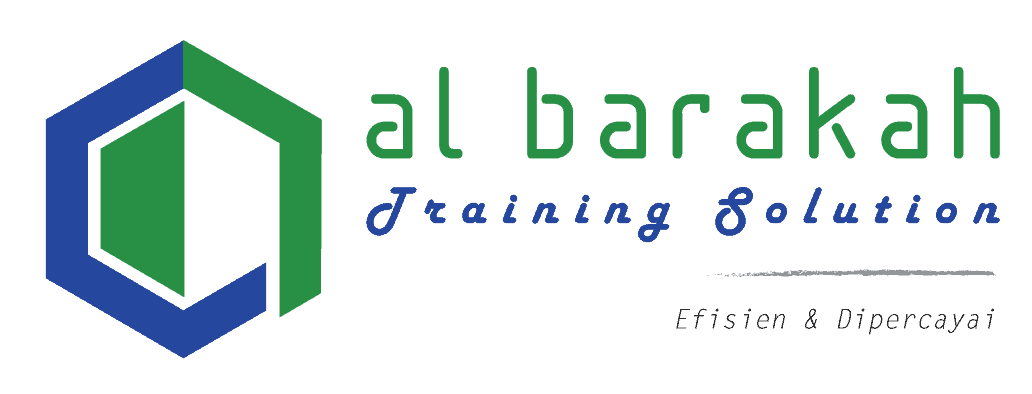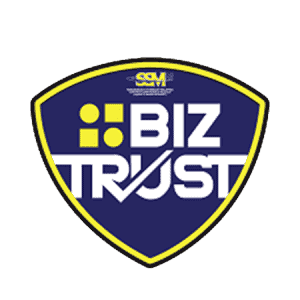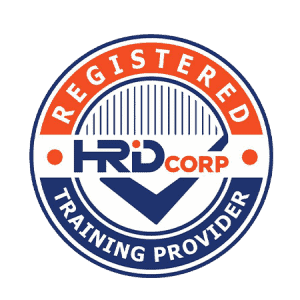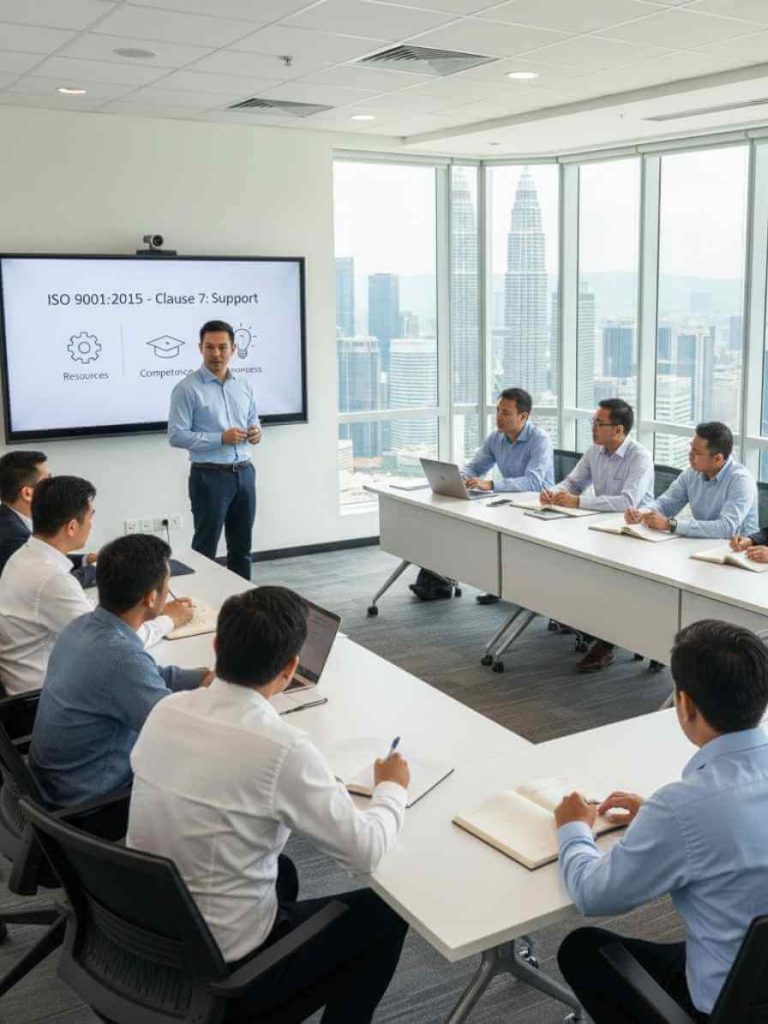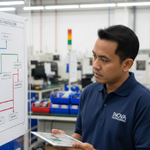ISO 9001:2015 Quality Management System Awareness & Foundation Course
Build a Robust Foundation for Organizational Excellence, Driven by Industry Experts
This foundational course demystifies the ISO 9001:2015 standard. Whether you are in manufacturing, services, technology, or logistics, you will gain a clear understanding of the core requirements, principles, and benefits of a process-based Quality Management System.
With ISO 9001 Awareness Training, participants will gain a deeper understanding of leveraging ISO 9001:2015 Quality Management System to strengthen quality management practices, enhance standards protocols, and improve the safety and quality of the products and services.
This comprehensive training program is designed to equip participants with the essential knowledge and practical tools required for the effective implementation of ISO 9001:2015, ensuring that organizations can drive continuous improvement and maintain high standards of customer satisfaction.
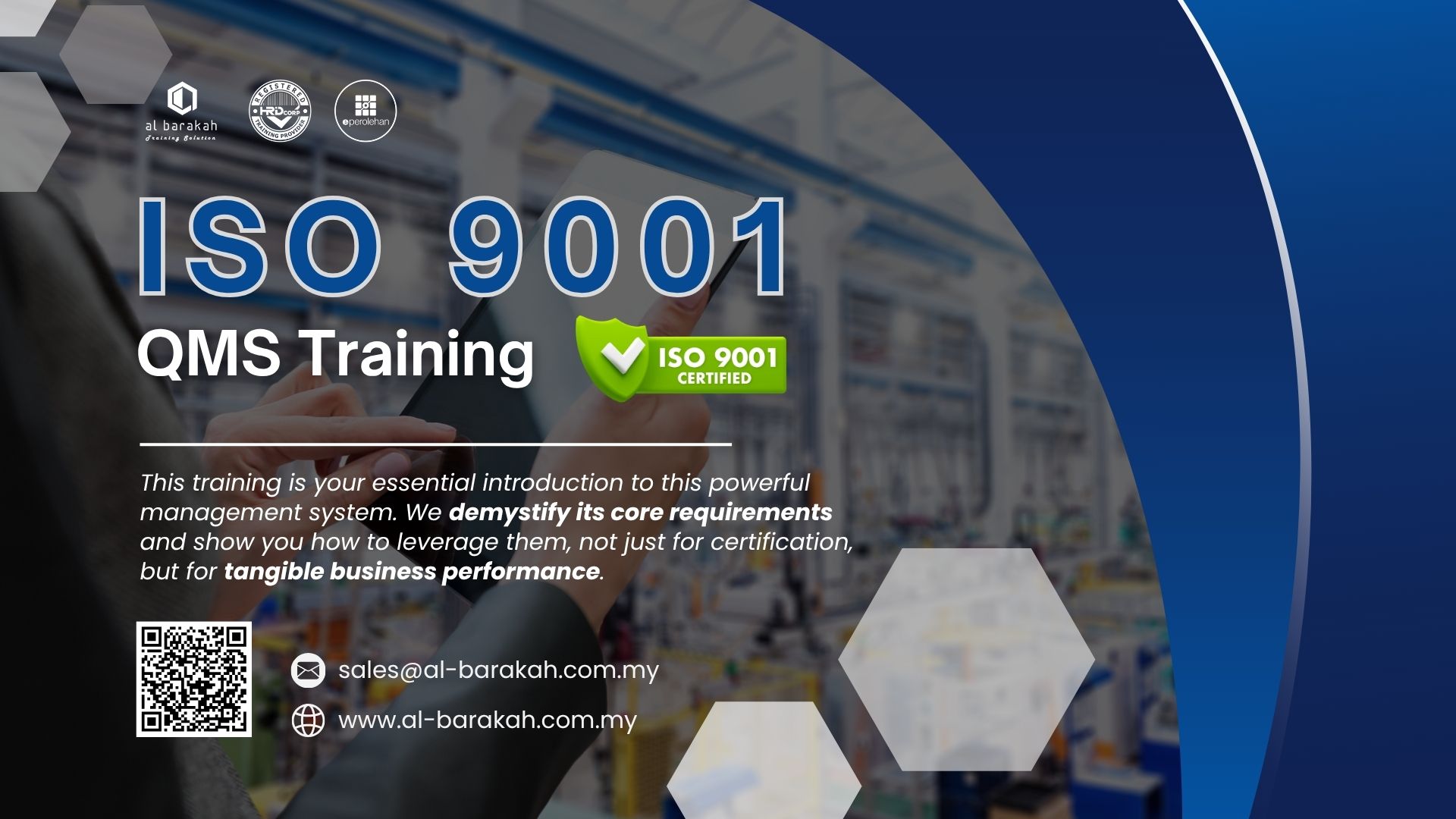
Build a Foundation of Quality and Continuous Improvement
In today’s competitive market, consistent quality is not just a goal—it’s the baseline for survival and growth. ISO 9001 is the world’s most recognized standard for Quality Management Systems (QMS), providing a robust framework for organizations to ensure they meet customer and regulatory requirements while driving continual improvement.
But ISO 9001:2015 is more than a set of rules; it’s a strategic business tool. The 2015 revision marked a significant shift, moving from a prescriptive approach to one based on principles, risk-based thinking, and leadership engagement. It’s about building a resilient organization that can anticipate challenges, enhance customer satisfaction, and streamline operations for greater efficiency.
This ISO 9001 Awareness Training is your essential introduction to this powerful management system. We demystify its core requirements and show you how to leverage them, not just for certification, but for tangible business performance.
ISO 9001:2015 Robust Framework
For services industry professionals, this course provides the critical link between quality and compliance, creating a unified system that protects your brand, delights your customers, and boosts your bottom line.
The ISO 9001 Quality Management System Training provides a robust framework for quality management systems (QMS) that can be adapted to various industries. Through this training, participants will explore how to integrate ISO 9001:2015 principles with specific existing industry standards such as food safety management systems (FSMS), such as ISO 22000 and FSSC 22000 in the food industry.
This integration aims to create a cohesive system that not only meets regulatory requirements but also drives excellence in quality management.
The Critical Importance of ISO 9001 QMS Training
A Quality Management System is only effective when everyone in the organization understands their role within it. This awareness training is the catalyst that transforms a documented system into a living culture of quality. It is vital because it:
Aligns Your Organization:
- Creates a common language and understanding of quality across all departments, from top management to the production line.
Enables Certification Success:
- Serves as the foundational step for your journey towards achieving and maintaining ISO 9001:2015 certification.
Enhances Customer Satisfaction:
- Empowers your team to systematically meet customer requirements and build lasting trust.
Drives Efficiency and Reduces Costs:
- By streamlining processes and preventing errors, you minimize waste and rework, directly improving profitability.
Fosters a Proactive Culture:
- Instills the principle of risk-based thinking, helping your team anticipate and prevent potential issues before they occur.
One of the key components of this training is a detailed examination of the core principles of ISO 9001:2015. Participants will delve into the seven quality management principles that form the foundation of the standard:
- Customer focus,
- Leadership,
- Engagement of people
- Process approach
- Improvement
- Evidence-based decision making; and
- Relationship management.
By understanding these principles, participants will learn how to align their organization’s strategic goals with their quality management practices, ultimately enhancing operational efficiency and product quality.
In addition to theoretical knowledge, the training will provide numerous case studies and real-world examples that demonstrate the application of ISO 9001:2015 in the various industry.
These case studies will showcase successful implementations of the standard, highlighting how different organizations have utilized ISO 9001:2015 to address specific challenges related to quality.
For instance, participants will learn about companies that have improved their traceability systems, enhanced their supplier quality management, and implemented robust corrective and preventive actions (CAPA) to mitigate risks.
Course Objective: Empowering Your Team with QMS Knowledge
The primary objective of this 1-day course is to provide participants with a comprehensive understanding of the purpose, structure, and core requirements of the ISO 9001:2015 standard. Participants will learn how to integrate QMS principles with existing systems and contribute effectively to their organization’s quality objectives and continuous improvement journey.
Moreover, the training will emphasize the importance of continuous improvement, a critical aspect of ISO 9001:2015. Participants will be guided on how to establish a culture of continuous improvement within their organizations, using tools and techniques such as Plan-Do-Check-Act (PDCA) cycles, root cause analysis, and performance monitoring.
By fostering a proactive approach to quality management, organizations can anticipate potential issues and implement preventive measures, thereby reducing the likelihood of incidents and ensuring compliance with stringent regulatory standards.
Another significant focus of the training will be on customer satisfaction and how ISO 9001:2015 can help organizations meet and exceed customer expectations. Participants will explore strategies for gathering and analyzing customer feedback, understanding customer needs, and using this information to drive improvements in product quality and service delivery.
Key Topics Covered
Our curriculum is designed to provide a clear and logical journey through the standard:
Introduction to Quality Management Systems (QMS): The value and benefits of a systematic approach.
Purpose and Benefits of ISO 9001:2015: How it drives business performance.
The High-Level Structure (HLS): Understanding the common framework for all ISO management system standards.
Key Concepts and Terminology: Context, interested parties, and risk-based thinking.
Core Requirements of ISO 9001:2015: A deep dive into the key clauses:
Context of the Organization: Understanding your internal and external issues.
Leadership: The crucial role of top management in driving the QMS.
Planning: Addressing risks and opportunities and setting quality objectives.
Support: Managing resources, competence, awareness, and documentation.
Operation: Planning and controlling your core processes.
Performance Evaluation: Monitoring, measurement, internal audit, and management review.
Improvement: Handling nonconformities and driving continual improvement.
Implementation Guidelines: Practical tips for successful application.
The training will also cover the documentation and record-keeping requirements of ISO 9001:2015. Participants will learn how to develop and maintain comprehensive documentation that supports their quality management system, including quality manuals, procedures, work instructions, and records.
Effective documentation ensures transparency, facilitates audits, and provides a clear framework for employees to follow, contributing to consistent and reliable industry standard practices.
Practical Benefits for Your Team & Daily Operations
This course translates international standards into actionable understanding. Your employees will return to work able to:
Identify and Manage Risks in their specific work areas using a risk-based approach.
Contribute to Process Improvement by understanding how their role fits into the larger QMS.
Participate Effectively in Internal Audits and other performance evaluation activities.
Understand Customer Requirements more clearly and help ensure they are consistently met.
Maintain Accurate Records that demonstrate compliance and provide data for improvement.
Training Methodology: Engaging and Effective Learning
We believe in interactive, participant-centered learning to ensure knowledge retention and practical application. Our methodology includes:
Expert-Led Instruction from experienced QMS professionals.
Interactive Learning Activities to reinforce key concepts.
Case Study Group Activities focused on the services industry.
Individual Exercises to personalize the learning experience.
Pre- and Post-Assessments to measure understanding and training effectiveness.
Take the First Step Towards Quality Excellence
In summary, this training program offers a holistic understanding of how ISO 9001:2015 can be leveraged to enhance quality management in your industry.
Through a combination of theoretical insights, practical tools, and real-world examples, participants will be well-equipped to implement ISO 9001:2015 effectively- driving continuous improvement, ensuring regulatory compliance, and achieving high levels of customer satisfaction.
Ready to build a culture of quality and continuous improvement?
This comprehensive approach will ultimately lead to safer, higher-quality services and a stronger reputation for excellence in the marketplace.
Looking for the next step or a related standard?
Advance your skills with our hands-on ISO 9001 Internal Audit Training.
Click Here to Inquire Now or email us directly at sa***@************om.my to schedule your in-house training session and start your journey towards ISO 9001 excellence.
